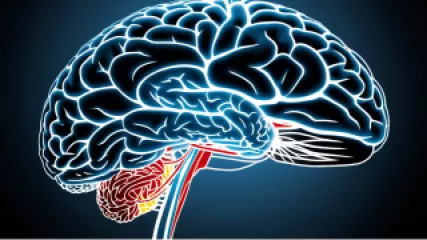Expert Insights: Overcoming Guilt with Online Guidance
1 anno fa
Risolvere il Senso di Colpa
Understanding the Psychology of Overcoming Superstitions
1 anno fa
Psicologia dietro le Superstizioni
How to Overcome Guilt with Virtual Therapy
1 anno fa
Risolvere il Senso di Colpa
Why Developing Body Language Awareness is Crucial
1 anno fa
Nozioni di Base del Linguaggio del Corpo
Effective Strategies for Coping with Chronic Illness
1 anno fa
Affrontare le Malattie Croniche
10 Questions to Ask When Raising Children
1 anno fa
Consigli per Genitori
My Journey to Building Healthy Relationships
1 anno fa
Costruire Relazioni Sane
Cultivating Environmental Mindfulness: A Step-by-Step Guide
1 anno fa
Psicologia della Sostenibilità
The Best Wellness Coaching Strategies for Personal Development
1 anno fa
Coaching per il Benessere
Unleashing Cognitive Flexibility: The Ultimate Guide
1 anno fa
Flessibilità Cognitiva
My Wellness Coaching Journey: Transforming Mind and Body
1 anno fa
Coaching per il Benessere
The Top 10 Proven Strategies for Cognitive Flexibility
1 anno fa
Flessibilità Cognitiva
Embracing Cognitive Flexibility: A Cognitive Scientist's Perspective
1 anno fa
Flessibilità Cognitiva
The Ultimate Guide to Wellness Coaching for Mental Health
1 anno fa
Coaching per il Benessere
Learning Nonverbal Communication Skills from Popular Movies
1 anno fa
Nozioni di Base del Linguaggio del Corpo















